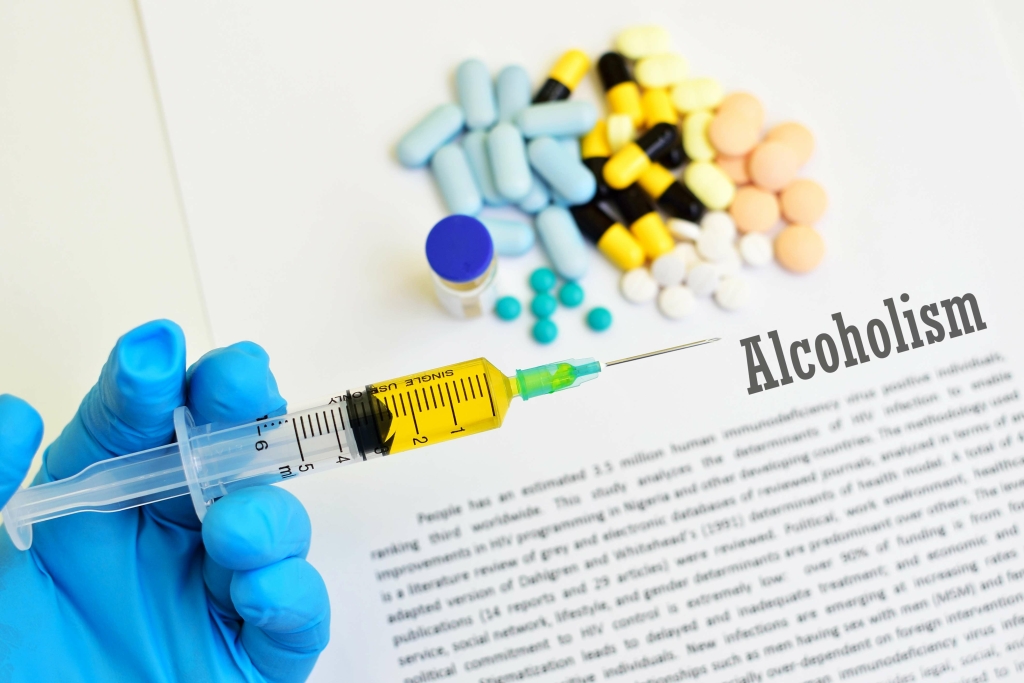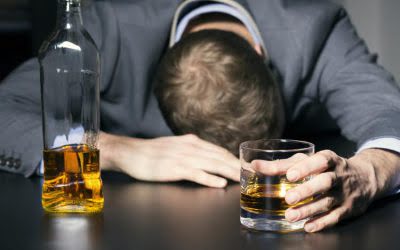- Feb 10, 2023
- Prova Prova
- 0
The information we provide is not intended to be a substitute for professional medical advice, diagnosis or treatment. It should not be used in place of the advice of your physician or other qualified healthcare providers. Physical and psychological dependence on a drug is different, although many with addictions to drugs or alcohol have both. Being physically dependent addiction vs dependence on a substance means a person’s brain and body have come to rely on the drug, and that a person will experience physical withdrawals when cutting back or stopping. Certain drugs are known to be more physically addictive than others, making it more likely that a person will develop a physical dependence (i.e. heroin, cocaine, or meth vs marijuana or alcohol).

Opioid addiction, often referred to as Opioid Use Disorder (OUD), is a reliance on opioids despite its negative impacts on the user’s life. Individuals with OUD will continue to take opioids even if it affects their relationships, career, and body negatively. Opioid vs. opiate addiction are one in the same, however, the substances vary. All of these risks can be serious, and why proper https://ecosoberhouse.com/article/abuse-in-older-adults-a-growing-threat/ treatment and support are critical for anyone struggling with substance abuse. As you consume a drug more often and in higher doses, your body adapts and develops a tolerance, triggering withdrawal symptoms if you try to stop using. You may spend increasing amounts of time finding and taking the drug, resulting in missing or performing poorly at work or school and avoiding loved ones.
Addiction vs. dependence
These triggers set off biochemical changes in your brain, which influence addictive behavior. Medical and substance abuse communities have found that there are neurochemical differences between a normal brain and an addict’s brain. There are even perceived differences between addiction versus the abuse of a substance. A person who is chemically dependent on a drug might show different physiological changes around chronic usage, tolerance levels, and even withdrawal symptoms. Both dependence and addiction can severely affect a person’s ability to live a normal life.

One particular area of misinformation concerns how the use of language is employed when describing topics related to addiction. Short-term inpatient centers typically start with medical detox and are followed by a program of addiction treatment, such as therapy or counseling for 30 to 90 days. These programs range from basic inpatient to luxury options, all varying in terms of their amenities and types of therapy. These facilities usually provide 24-hour medical support and are often led by a team of counselors, clinicians, and doctors. Short-term inpatient rehab is ideal for individuals who need detoxing and therapy, but who don’t require long-term treatment.
Dependence vs. tolerance
Sam Dekin combines his years of experience in behavioral health with a mission to innovate treatment methods and processes for mental health and substance abuse. Sam not only brings to the table his successful career owning and managing successful treatment facilities around the country but his dedication to creating an environment for healing. Sam obtained his Masters in Psychology and Marriage and Family Therapy from Pepperdine University. It is no secret that misinformation about addiction is rampant in popular media.
(Substance use disorder, or SUD, is a preferred term in the scientific community.) Because of this lack of consistency, some ground rules can help differentiate between the two terms. Dependence situations demand the need for skilled therapists, counselors, and medical practitioners. Reach out to our staff at The Recovery Village to learn more about how we treat substance issues, chemical dependency, and behavioral addiction. If you or someone you know is struggling with opioid addiction or dependence, rehab might be the best place for them to kick their habit and start with opioid detox. Rehabilitation can help users get to the root cause of why they began to use, deal with the personal issues that fuel their drug habit, and help them reach a state of mind where they want to stay clean. Abuse takes a few forms depending on the severity of the user’s reliance on opioids.
Opioid Dependence Treatment Options
On the other hand, a person becomes addicted to a substance after their habits create changes in the brain which affect their behavior. People who are addicted to drugs and alcohol have trouble functioning without substances and act irrationally when they don’t have access to their drug of choice. To reiterate, the DSM-5 dropped the categories of “substance dependence” and “substance abuse,” and so the claim that substance abuse disorder is the preferred term for drug addiction is inaccurate. Addiction or substance use disorder occurs when individuals are largely unable to function without the drug.
As substance abuse becomes more frequent, the likelihood of developing a dependence disorder becomes greater. So why do some organizations scrap the word “addiction” from their vocabulary? The minds behind the Diagnostic and Statistical Manual of Mental Disorders (DSM) find the term carries too much negative connotation and is ambiguous. The World Health Organization also wanted to replace the medical designation of “addiction” with the word “dependence” back in 1964 (which probably contributed to the confusion). The recent death of pop star Prince from an opioid overdose was one of the 25,000 fatal opioid overdoses in the US every year.
This is especially true for people who need to medically detox in order to rid their body of built-up chemicals and toxins. Whether someone is suffering from dependence or addiction, one thing remains the same—getting professional treatment is essential. Treatment for substance abuse disorders has come a long way, and most people who seek treatment make a full recovery. When someone abuses high doses of an addictive substance, they may develop a dependence.
As a result, many physicians are ill-equipped to differentiate addiction from dependence due to a lack of expertise. Other professionals who diagnose addiction (e.g. social workers, physician assistants, nurse-practitioners, addiction counselors) also need better education about these distinctions. Mental dependence is when use of a substance is a conditioned response to an event or feeling. These are known as “triggers.” Something as simple as the act of driving can trigger a desire to use. These triggers set off biochemical changes in a person’s brain that strongly influence addictive behavior.
However, other forms of drug dependence can cause significant withdrawal symptoms. For some substances, such as alcohol, suddenly stopping it can be dangerous. In these cases, treatment involves gradually tapering off the drug over a set period to reduce withdrawal effects. It has been observed that some people are predisposed to addiction or vulnerable to addiction due to social influence, biological, and psychological reasons. Due to an addiction, not only the body but also the person’s productivity is reduced. The social functioning of the person is disturbed; total livelihood of a person is affected by being addicted to a drug or other substances.
